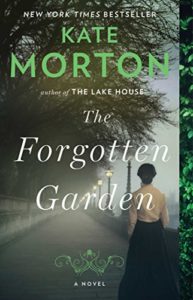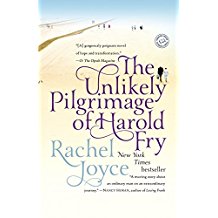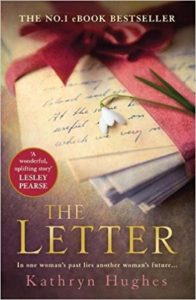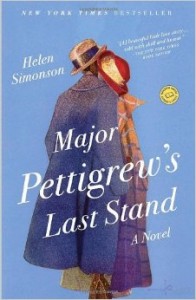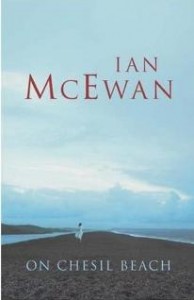Kate Morton’s novel, The Forgotten Garden, is a mesmerizing story of mystery and imagination.
In 1913 a little girl arrives in Brisbane, Australia on a ship from England. She’s alone with nothing more than a small suitcase containing a few clothes and a book of fairytales. No one claims the little girl, and the dockmaster and his wife take her in. She eventually becomes the oldest of five girls in a loving, caring family. It has always bothered the dockmaster that Nell doesn’t know that they aren’t her real parents; nor does the girl remember her origins. On her twenty-first birthday she is finally told how she became one of their family. It is shattering news to Nell, who feels betrayed.
Thus begins a life of seeking to find her identity. After her own family is grown, Nell is finally free to trace her true origins. Her quest takes her to Blackhurst Manor on the Cornish coast, the home of the Mountrachet family.
Years later, Nell’s beloved granddaughter Cassandra takes up the search to unravel the puzzle of her late grandmother’s past.
The Forgotten Garden’s intricate story leaps from 1913 to 2005, then 1975, back further to 1900, etc. yet all the while moving the story forward. It’s a time-line masterpiece with each cycle solving a bit of the mystery while new puzzles surface.
This is a novel that takes time to read and absorb. Kate Morton is a master story-teller with impressive research skills. It’s a large volume—552 pages in a trade paperback—in which Nell’s mystery unravels to explore why she was left alone on a ship, what role an overgrown garden played, and in the end, what constitutes family.


